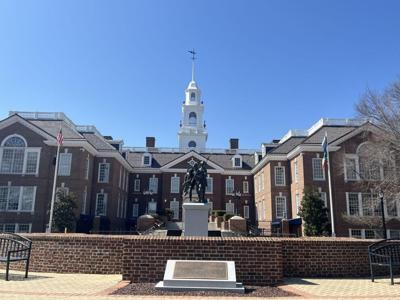DELAWARE — In an effort to create a more diverse legal field in the First State the Delaware Supreme Court has established a task force to evaluate potential alternatives to the traditional bar exam as a means of admission to the Delaware Bar.
The task force, chaired by Justice Gary F. Traynor, will include members from across the state’s legal community, including representatives from both public and private practice, legal aid organizations, and local law schools.
This initiative stems from a recommendation made in the Judicial Branch’s 2022 Strategic Plan, which seeks to improve diversity within Delaware’s legal system. Both the Strategic Plan and the court’s recent order cite the Daniel Webster Scholar Honors Program in New Hampshire as a potential model. That program, launched in 2005, allows students to complete a two-year apprenticeship and enter the legal profession without taking the bar exam.
One key data point from that New Hampshire model was revealed through multiple studies that found that its graduates, deemed “client-ready,” outperformed newly admitted attorneys in standardized client interviews.
Alternative pathways to bar admission are already in place in several other states, including Oregon, Washington, South Dakota, and Wisconsin.
The Delaware task force will work with the National Center for State Courts, the AccessLex Institute, and Delaware Supreme Court staff attorneys. It may also collaborate with Widener University Delaware Law School and Wilmington University Law School.
A few of the different options under consideration include diploma privileges, integrated law school curriculum programs, apprenticeships with practicing attorneys or a combination of these approaches. The task force will also weigh whether participants should be required to commit to public service work.
A final report with recommendations is due to the Chief Justice by June 15, 2026.







